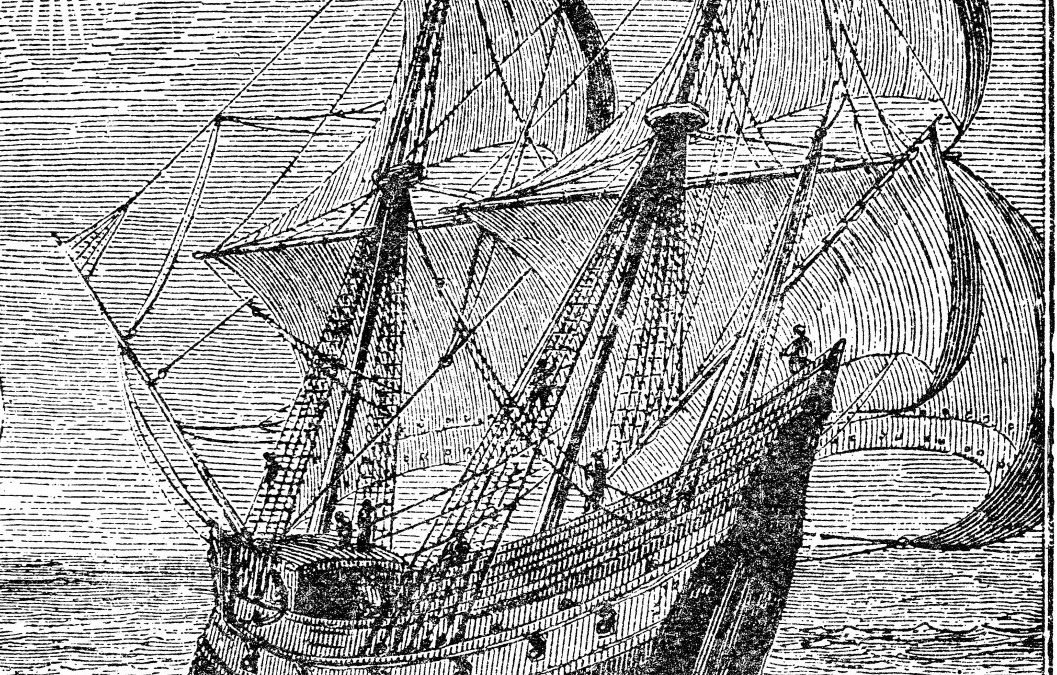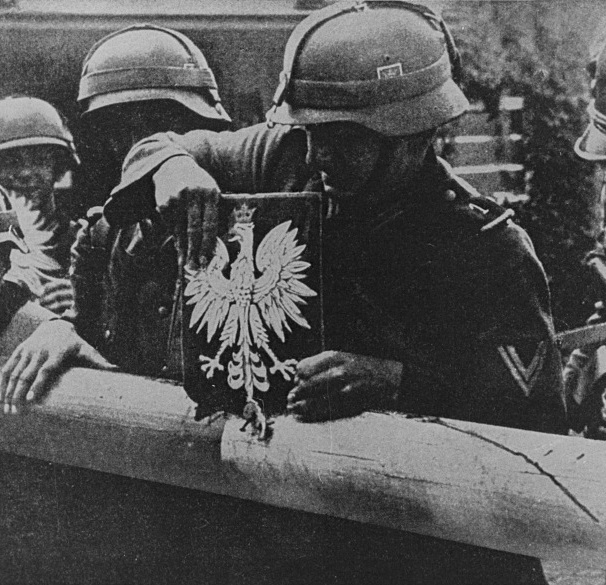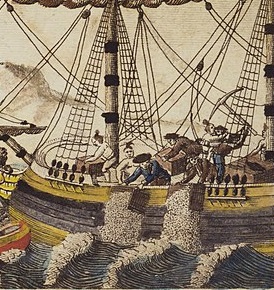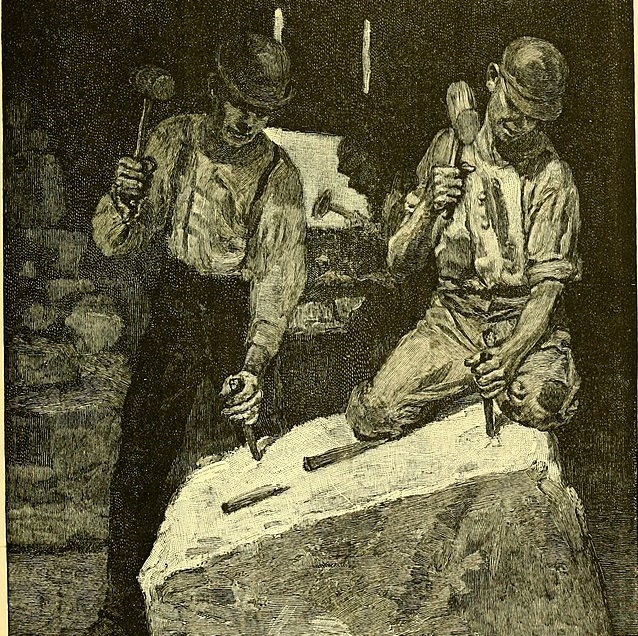
by Richard Subber | Dec 29, 2021 | Book reviews, Books, History, Power and inequality, World history
the traders forgot the common good…
Book review:
A Splendid Exchange: How Trade Shaped the World
by William J. Bernstein
New York: Atlantic Monthly Press, 2008
Commercial long-distance trade in goods and people has been part of the human experience for about 5,000 years or so, and Bernstein offers plenty of detail about the highs and lows of this experience, and about the wealth that was accumulated by a few of the traders and the governments that backed them.
A Splendid Exchange makes it plain that, across the millennia, disease and plague has unavoidably followed trade routes. The various scourges that we nominally know about, like the Black Plague, were spread around by sailors and merchants who sailed on their ships.
Bernstein rather unconvincingly describes trade as an instinctive human enterprise. However, he clearly states that major trade and long-distance trade has been the vocation of the few and the powerful, and that rich merchants never have prominently attempted to serve any concept of the common good as they amassed their riches.
It’s an old story.
* * * * * *
Book review. Copyright © Richard Carl Subber 2021 All rights reserved.
The “dime novels” in the Civil War
Think “blood-and-thunder”…
–
Above all: Poems of dawn and more with 73 free verse poems,
and the rest of my poetry books are for sale on Amazon (paperback and Kindle)
and free in Kindle Unlimited, search Amazon for “Richard Carl Subber”
* * * * * *

by Richard Subber | Dec 22, 2021 | Book reviews, Books, History, World history
Does history have “causes”…?
War and Peace, Second Epilogue
Leo Tolstoy
Translated by Louise and Aylmer Maude
Chicago: Encyclopaedia Britannica, Inc., 1988
Originally published in 1869
The Second Epilogue: Tolstoy’s reflections on history and its causes, and free will
Perhaps you know that Tolstoy appended two epilogues to War and Peace.
In the Second Epilogue, Tolstoy’s sometimes discursive style may impede the modern reader. It’s not boring, but it seems to be repetitious, and Tolstoy uses surprisingly mundane examples that may seem irrelevant to the modern reader.
It’s a Russian version of mid-19th century style. It seems to be relentlessly organized, using what Tolstoy presumably believed was an elaborate precision of language that tends to obscure and confuse his observations and conclusions.
I respect his ruminations about the nature and causes of history, the inevitability of historical events, and the possibly countervailing potency of human free will.
I confess that I am essentially unmoved by his conclusion that freedom of will and action is not a prime mover in human enterprise and human history.
I suspect that Tolstoy’s endorsement of “dependence on the external world, on time, and on cause,” and his acknowledgement of so-called “laws” that frame human history, is a manifestly inadequate description of the reality and the process of human history.
I suggest that Tolstoy went astray in his search for “cause” in human history.
Of course, there are forms and trends and ex post recognition of patterns in history. The longues durées exist, but they are only part of the story. There are recognizable, durable attributes of human nature. They are only part of the story.
Tolstoy almost forgets to mention the utterly contingent natures of historical reality, the historical process, human action, and the sequence of past events. One essential element of history is the continuous interaction of innumerable competing and complementary human behaviors and environmental circumstances.
History is the unpredictable single chain of events that actually happened, with many or most of their contingent antecedents forever unknown. There’s no way to write a neat and complete version of it.
* * * * * *
Book review. Copyright © Richard Carl Subber 2021 All rights reserved.
Book review: An Empire Divided
King George and his ministers
wanted the Caribbean sugar islands
more than they wanted the 13 colonies…
by Andrew Jackson O’Shaughnessy
–
Writing Rainbows: Poems for Grown-Ups with 59 free verse and haiku poems,
and the rest of my poetry books are for sale on Amazon (paperback and Kindle)
and free in Kindle Unlimited, search Amazon for “Richard Carl Subber”
* * * * * *

by Richard Subber | Nov 3, 2021 | American history, Book reviews, Books, Democracy, History, Politics
the “public watchdog,” as if…
Book review:
-30- The Collapse
of the Great American Newspaper
Charles M. Madigan, ed.
Chicago: Ivan R. Dee, Publisher, 2007
Madigan collected 15 commentaries on the continuing decline of the American newspaper industry and the woeful prospects for its improvement or survival.
The authors of Collapse do not offer predictions, but the adverse circumstances they describe as existing or possible seem all too real almost 15 years later.
Community newspapers have mostly disappeared or shriveled in vitality and importance.
Big city newspapers have been transformed into cash conduits by profit-seeking money managers, who as a group don’t care about doing or preserving the popular (and dubious) legacy concept of journalism as “a public watchdog.”
At every level of government, from township zoning hearing board to U.S. Congress, fewer and fewer reporters—or no reporters—are showing up to observe what’s going on and report it to a citizenry that historically has never wanted to pay the full cost of getting “the news.”
The basic business model of newspaper owners today is: soak the aging, shriveling group of home delivery subscribers for as much as they will pay, and soak the shriveling group of newspaper advertisers for as much as they will pay, for as long as they’re willing to pay. One by one, newspapers are disappearing.
For example, the seven-day home delivery price of The Boston Globe is about $25/week, or almost $1,300/year.
Do you remember how much a newspaper cost when you were a kid?
* * * * * *
Book review. Copyright © Richard Carl Subber 2021 All rights reserved.
We Were Soldiers Once…and Young
…too much death (book review)
Lt. Gen. Harold G. Moore (ret.)
and Joseph L. Galloway
–
My first name was rain: A dreamery of poems with 53 free verse and haiku poems,
and the rest of my poetry books are for sale on Amazon (paperback and Kindle)
and free in Kindle Unlimited, search Amazon for “Richard Carl Subber”
* * * * * *

by Richard Subber | Sep 25, 2021 | Book reviews, Books, History, World history
tender and mournful…
Book review:
The Zookeeper’s Wife
by Diane Ackerman (b1948)
American naturalist, poet, and author
New York: W. W. Norton & Company, 2007
368 pages
Diane Ackerman writes about terrifying experiences, in Poland during World War II, that are not too terrible to be put into words.
Antonina is the zookeeper’s wife in Warsaw. She and her family and friends are eyewitnesses unable to escape the terror of the German invasion of Poland in 1939.
Many are killed or “transported” to the concentration camps.
Many continue to live ruined lives, in constant fear of misery, pain, and death, and with at least sporadic hope that they have a future they will welcome.
“One puzzle of daily life…was this: How do you retain a spirit of affection and humor in a crazed, homicidal, unpredictable society? Killers passed them daily on zoo grounds, death…stalked people at random in the streets.”
Ackerman writes a tender and mournful account of the instinctive courage of the children to forsake their childhood, and suffer with the adults—it’s so hard to read it without tears.
The Zookeeper’s Wife may be the most emotionally burdensome book I’ve read.
* * * * * *
Book review. Copyright © Richard Carl Subber 2021 All rights reserved.
Book review: American Colonies
So many and so much
came before the Pilgrims
by Alan Taylor
–
Seeing far: Selected poems with 47 free verse and haiku poems,
and the rest of my poetry books are for sale on Amazon (paperback and Kindle)
and free in Kindle Unlimited, search Amazon for “Richard Carl Subber”
* * * * * *

by Richard Subber | Jun 22, 2021 | American history, Book reviews, Books, History, Politics, Power and inequality, World history
profitable, powerful, vicious…
Book review:
For All the Tea in China:
How England Stole the World’s Favorite Drink
and Changed History
by Sarah Rose
New York: Viking, Penguin Group, 2010
This is a credible account of how tea from China became a worldwide drink.
With commanding competence, Rose relates the intrepid life of Robert Fortune, and the depressingly familiar tale of a giant corporation running amok.
The East India Company in England was an extremely vicious, extremely powerful, and extremely profitable company for more than two hundred years. It was tea from the East India Company that got dumped into Boston harbor on December 16, 1773. After a bloody 1857 war of its own making in India, the company was abruptly dissolved by the British Parliament. Rose says: “…the company had amassed possessions to rival Charlemagne’s and created an empire on which the sun never set; it was the first global multinational and the largest corporation history has ever known. Yet it failed spectacularly at one significant task: to govern India in peace.” No surprise there.
For my taste, the greater value of For All the Tea in China is the examination of how the commerce and consumption of tea shaped worldwide politics, warfare, and society. Tea reduced famine in Europe. Tea taxes financed Britain’s imperial expansion. Increased tea drinking—and increased sugar consumption—made the British sugar colonies important in British commerce and politics. Centuries of monopoly in tea production and engagement with Europeans altered the political and cultural development of China.
* * * * * *
Book review. Copyright © Richard Carl Subber 2021 All rights reserved.
Book review: American Colonies
So many and so much
came before the Pilgrims
by Alan Taylor
–
Writing Rainbows: Poems for Grown-Ups with 59 free verse and haiku poems,
and the rest of my poetry books are for sale on Amazon (paperback and Kindle)
and free in Kindle Unlimited, search Amazon for “Richard Carl Subber”
* * * * * *

by Richard Subber | Jun 5, 2021 | American history, Book reviews, Books, History, Human Nature, Politics
…the Irish weren’t the only ones…
Book review:
How the Irish Became White
by Noel Ignatiev (1940-2019)
American author and historian
New York: Routledge, 1995
Ignatiev offers enough detail and context to satisfy historians of every stripe.
For the less ambitious reader, there may be a bit more than she cares to know in How the Irish Became White.
Of course, I certainly don’t presume to summarize the author’s careful exposition in 233 pages.
If you really want to know more about how non-black immigrants allowed and persuaded themselves to buy in to the systemic racism that flourished in America since the 17th century, dig in to How the Irish Became White.
One sure point is: don’t pick on the Irish exclusively. They certainly weren’t alone in their transgressions.
* * * * * *
Book review. Copyright © Richard Carl Subber 2021 All rights reserved.
We Were Soldiers Once…and Young
…way too much death (book review)
Lt. Gen. Harold G. Moore (ret.)
and Joseph L. Galloway
–
Above all: Poems of dawn and more with 73 free verse poems,
and the rest of my poetry books are for sale on Amazon (paperback and Kindle)
and free in Kindle Unlimited, search Amazon for “Richard Carl Subber”
* * * * * *





